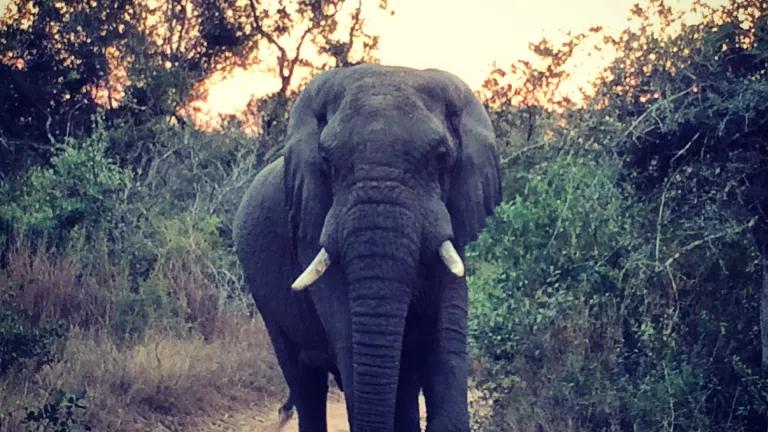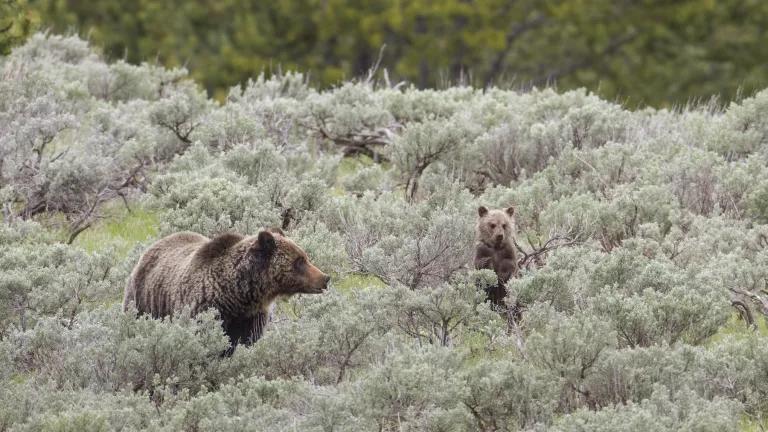
The last few years have seen a number of countries close their ivory markets as a way to help curb the current poaching crisis, which is driving elephants towards extinction. Indeed, the U.S. placed a near-total ban on its ivory market between 2014 and 2016 and China will close its market – the biggest in the world – by the end of this year.
Today, the United Kingdom – one of the world’s largest domestic ivory markets – joined these countries in combating the illegal ivory trade by releasing an impressive proposed ivory ban and requesting public comments.
This is great, much-needed news for elephants, whose populations continue to decline. Indeed, as recognized by the Parties to the Convention on International Trade in Endangered Species (CITES) last September "countries with domestic ivory markets that contribute to elephant poaching or the illegal ivory trade" should "take all necessary legislative, regulatory and enforcement measures to close [such] markets ... as a matter of urgency."
And, by their very existence, any legal ivory market leads to a parallel illegal market since ivory from recently-killed elephants can be made to look like old ivory, which is legal in many countries, through processes like chipping, staining, and cracking.
The UK has long played a role in the international ivory trade. Indeed, during the colonial era more than a million elephants were killed to feed British demand for everything from ivory ornaments and piano keys to billiard balls and cutlery. Much of that ivory remains in the UK today, fueling the market. Additionally, trade data indicates that the UK is the world’s largest exporter of ‘legal’ ivory, most of which goes to Asian destinations like China and Hong Kong.
The problem is that the UK's ivory rules just aren’t strong enough and allow a great deal of abuse. Fortunately, the proposal the government released today is robust and would make a huge difference in curbing the country’s trade. Specifically, the government’s proposal would ban all sales of ivory in the UK, as well as the import and export of ivory to and from the UK, including intra-EU trade to and from the UK. The ban would likely include some narrowly-defined exemptions for musical instruments, items of “significant artistic, cultural and historic value,” and items containing a de minimis amount of ivory. Further, under the proposal, museums would continue to be able to buy and display ivory. While the details still need to be worked out to prevent exploitation of these loopholes, overall the proposal is a huge step forwards.
Importantly, the UK's proposal will also send a strong signal of encouragement to China, helping ensure that the ivory ban it finalizes at the end of this year will be strongly enforced. Indeed, with the UK serving as the primary exporter of ivory to China and Hong Kong, weak ivory rules in the UK could derail a Chinese ivory ban. But this proposal will help ensure against that--and will hopefully lead other countries to ban their ivory markets as well.



